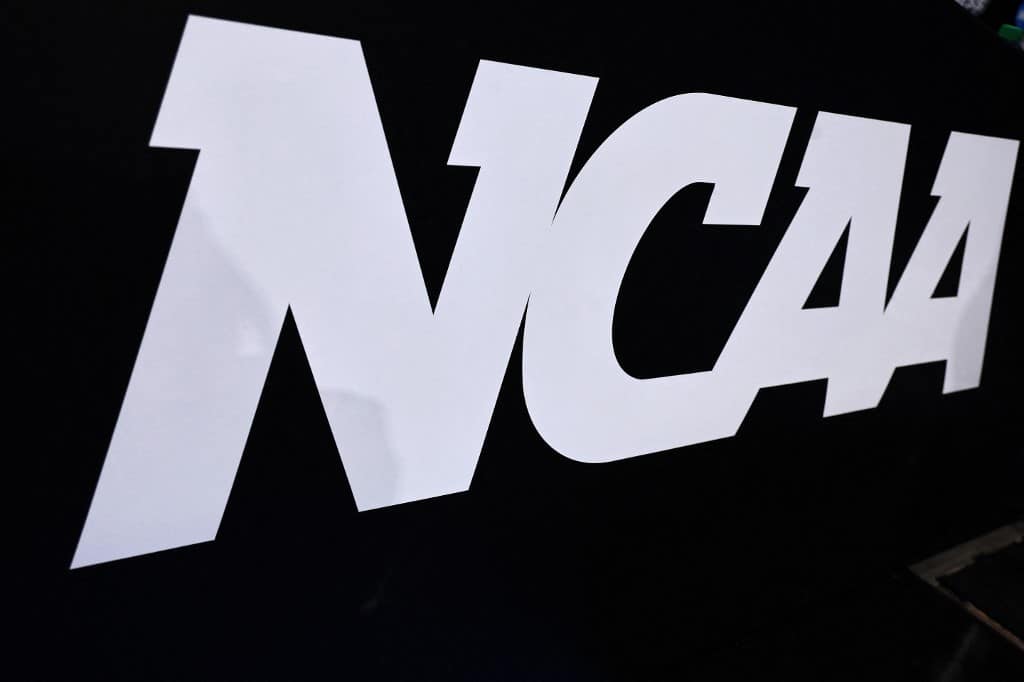
Penalties for those not betting on their own teams could change and the NCAA has announced what those proposed changes could be and how it plans to protect student athletes from harassment.
Obey the Rules
Now that sports betting on college and professional sports has hit the mainstream, the NCAA is forming policies and guidelines to deal with the advent of new challenges facing student-athletes.
Many of these policies deal with the penalties student-athletes will face if they get caught betting on college sports while another section addresses protections for those competitors who might be victims of harassment from sports bettors.
A statement issued by the NCAA said, “The Committee on Student-Athlete Reinstatement is expected to complete its review and finalize recommendations by mid-October, with a final Council Coordination Committee vote on updated guidelines to occur at the end of October. The guidelines potentially could be applied retroactively.”
The concepts currently being discussed include the following:
- On a first offense, eliminate penalties that result in student-athletes being withheld from the competition – regardless of the dollar value of the wagers and including bets placed on other sports at a student-athlete’s school – and require education on sports wagering rules and prevention.
- On a second offense, potentially involve withholding penalties, depending on the dollar value of the bet(s) in question.
- On a third or subsequent offense, the resulting penalty could be a loss of one full season of eligibility.
The goal is to prioritize education over sanctions when the integrity of the game is not at stake. It is the governing body’s job to put the safety and welfare of the student-athlete first which means treatment over penalization when game-fixing is not in the conversation.
Proactive Stand
The NCAA has also partnered with EPIC Risk Management to educate more than 20,000 student-athletes, coaches, and administrators on factors that could lead to problem gambling.
NCAA president Charlie Baker commented on the proposal:
“We continue to put student-athlete well-being front and center in the Association’s efforts around sports wagering, including this week’s action related to reconsideration of penalties that members believe have been overly punitive to student-athletes,” Baker said. “This is an important step toward modernizing the NCAA’s approach to sports wagering.
“Included in that updated approach is our plan to advocate through state and federal legislators to reduce harassment of young people from bettors and to increase education efforts to help prevent problem gambling in the student population.”
Protection for the Athletes
As more and more people have a vested financial interest in the outcome of college sports, the athletes themselves have become increasingly scrutinized, as their performances can make or break a bettor. Therefore, it is not surprising that many of today’s collegiate athletes are becoming the victims of social media harassment and threats to their well-being.
Another statement from the NCAA addressing this topic said the following, “(The NCAA will) advocate for updating existing state sports betting laws and regulations to protect student-athletes from harassment or coercion, address the negative impacts of problem gambling, and protect the integrity of NCAA competition.”
“To protect student-athletes from harassment or coercive behavior, the NCAA is advocating for mandatory reporting hotlines for gambling authorities to report such behavior to law enforcement, increased penalties for bettors who harass student-athletes, and mandatory education for operators to help identify harassment.
“Additionally, to protect the integrity of competition, states should have regulations identifying prohibited bettors and prohibit individuals younger than 21 from wagering on sports. Any sports wagering advertisement also should include information about the harassment hotline, problem gambling, and prohibitions on harassment related to sports wagering. Lastly, revenue generated from sports betting should be allocated in part toward education. To support the higher-risk college student population, including student-athletes.”





